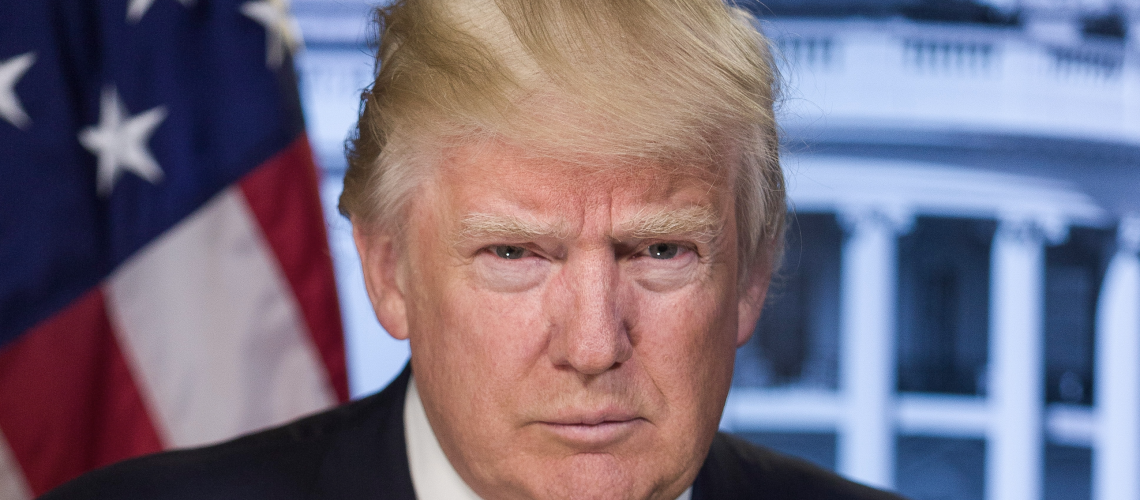What the charges against the former president mean
On Tuesday, April 4th, 2023, former president Donald Trump entered a plea of not guilty to 34 felony criminal charges related to falsifying business records in Manhattan criminal court. He was arrested and arraigned in an unprecedented court appearance, during which he was formally advised of the charges against him. Although the arraignment was a standard procedure, the criminal case is expected to affect Trump’s 2024 candidacy as he battles the charges both in court and in public. This is the first time a president, either in or out of office, has been indicted for a crime.
According to prosecutors, Trump allegedly engaged in a hush money scheme to pay off women who claimed to have had extramarital affairs with him. This has been tied to efforts to win the 2016 Presidential Election. The former president has denied the affairs.
The basis of the 34 counts of falsifying business records include: 11 counts involve the checks, 11 center on monthly invoices attorney Cohen submitted to Trump’s company, and 12 involve entries in the general ledger for Mr. Trump’s trust. Overall the charges will involve 3 different sets of “hush” money payments. These are what would be considered ‘white-collar crimes.’
The indictment of the president states that prosecutors believe Donald Trump deliberately “falsified New York business records to conceal criminal conduct that hid damaging information from the voting public during the 2016 presidential election…”
According to New York Penal Code §175.10 Falsifying business records in the first degree is a charge that’s defined as follows:
“A person is guilty of falsifying business records in the first degree when he commits the crime of falsifying business records in the second degree, and when his intent to defraud includes an intent to commit another crime or to aid or conceal the commission thereof.”
Of course, then the question is; “what is falsifying business records in the second degree?”
New York defines this as when someone with intent to defraud commits the following:
- makes or causes a false entry in the business records of an enterprise; or
- alters, erases, obliterates, deletes, removes or destroys a true entry in the business records of an enterprise; or
- omits to make a true entry in the business records of an enterprise in violation of a duty to do so which he or she knows to be imposed upon him or her by law or by the nature of his or her position; or
- prevents the making of a true entry or causes the omission thereof in the business records of an enterprise.
What Happens Next?
Once indicted, a defendant has an arraignment. This is the formal start of the criminal process.
An indictment is not evidence. It is simply a formal accusation that is presented by a grand jury. A grand jury is a group of up to 23 citizens who are convened by the prosecution to hear evidence and determine whether there is enough evidence to charge someone with a crime (only 12 grand jurors need to vote to indict). If the grand jury determines that there is enough evidence, they issue an indictment, which formally charges the person with the crime. An indictment is needed in order to bring a felony charge.
An arraignment is a formal hearing in which a person who has been charged with a crime is brought before a judge and enters a plea of guilty, not guilty, or no contest. The purpose of an arraignment is to inform the defendant of the charges against them and to ensure that they understand their rights. At an arraignment, the judge may also set bail or other conditions of release.
On April 4th, 2023 the former president was arraigned and was informed of the charges against him presented in the indictment.
The judge in charge of ex-President Trump’s criminal lawsuit in New York City has scheduled the next face-to-face hearing for December 4, which is about two months prior to the official commencement of the 2024 Republican presidential primary schedule.
A trial could be expected to commence in early 2024.










